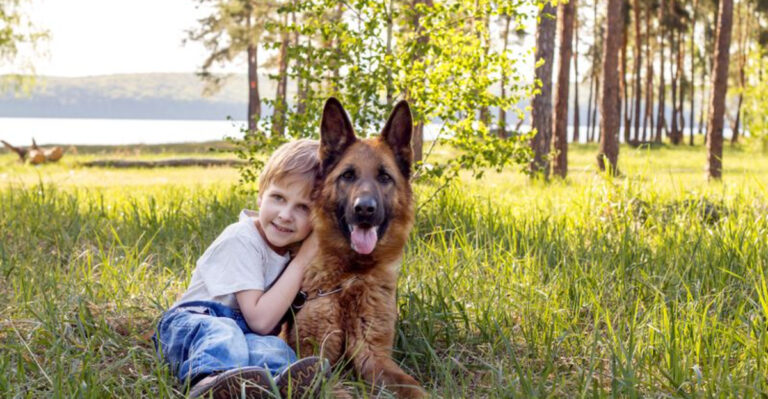17 Essential Tips For Proper Dog Care

Caring for a dog is a rewarding yet challenging task, blending affection with responsibility. This guide delves into vital tips to help you ensure your furry friend lives a happy, healthy life.
From nutrition to regular vet visits, these insights provide a comprehensive approach to canine care. Embrace these pointers to cultivate a strong bond and add years to your dog’s joyful existence.
1. Balanced Diet
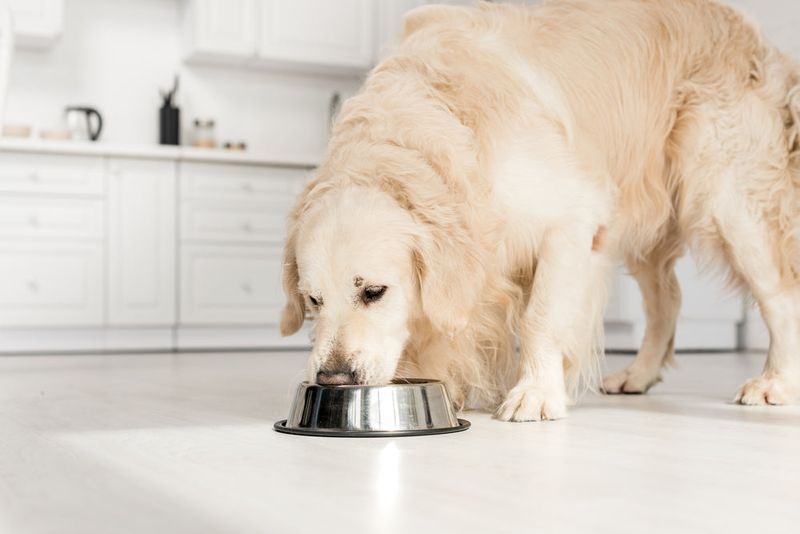
Providing a balanced diet is crucial for your dog’s health. Think of it as a colorful plate of vitality, filled with proteins, carbs, and fats. These nutrients are the building blocks of energy, growth, and a shiny coat.
Choose quality over quantity; premium dog foods often have the best mixes. Consult your vet for personalized advice. Variety also helps—rotate flavors to keep meals interesting and ensure comprehensive nutrition.
2. Regular Vet Checkups
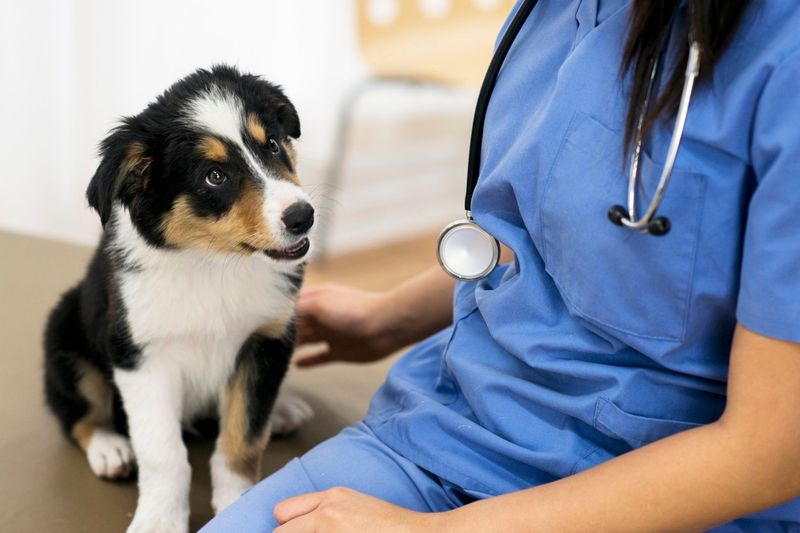
Regular vet checkups are a must! Your vet can spot hidden issues before they grow, like a detective for your dog’s health. These visits keep vaccinations up to date and track weight and general wellness.
Early detection of problems like arthritis or dental disease saves lots of pain and money. Don’t wait for obvious symptoms; make it a habit to visit annually. Your pup will thank you!
3. Grooming Routine

Grooming isn’t just for looks; it’s essential for health. A regular comb through keeps your dog’s coat free of tangles and reduces shedding. Nail trimming prevents painful overgrowth and fur matting can be avoided easily.
Plus, it’s a bonding time—you’ll discover how much your dog enjoys being pampered. Invest in good brushes and clippers, and turn it into a pleasant ritual.
4. Exercise And Play
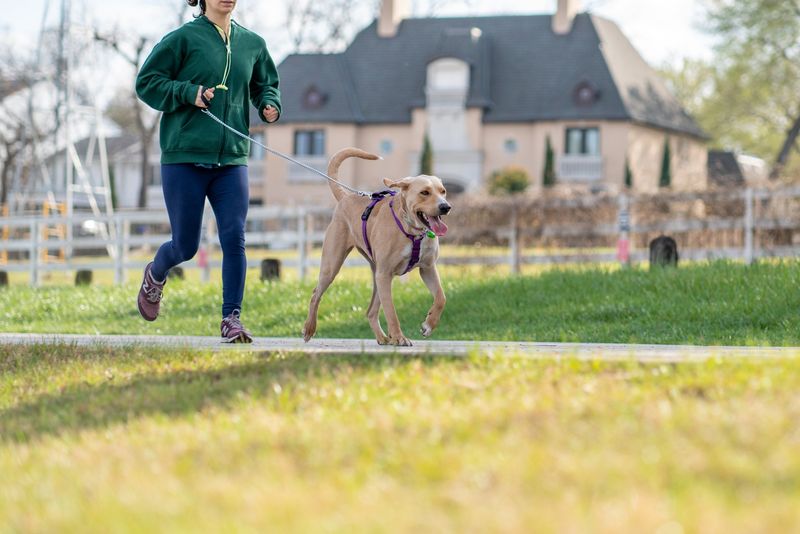
Exercise and play are the lifeblood of dog happiness. A jaunt in the park or a game of fetch boosts both mood and health. Dogs need daily physical exertion to keep their bodies and minds sharp.
Mix it up with different activities, from running to agility tasks. This variety prevents boredom and keeps those tail wags coming. Remember, a tired dog is a well-behaved dog.
5. Training And Socialization
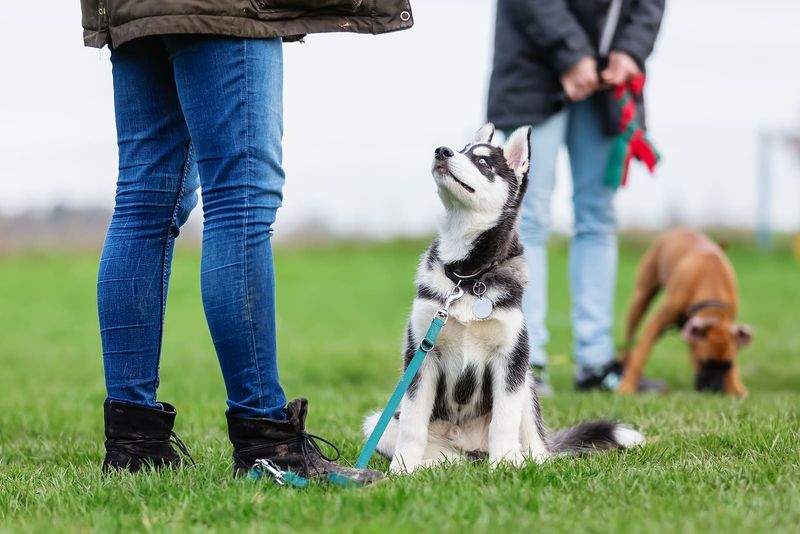
Training isn’t just teaching tricks; it’s essential for a well-mannered pup. Start early with basic commands—sit, stay, come. Socialization is equally important, introducing your dog to different environments and people.
This builds confidence and reduces anxiety around strangers or other pets. Reward-based methods work wonders, turning training into a fun experience for both you and your furry friend.
6. Hydration
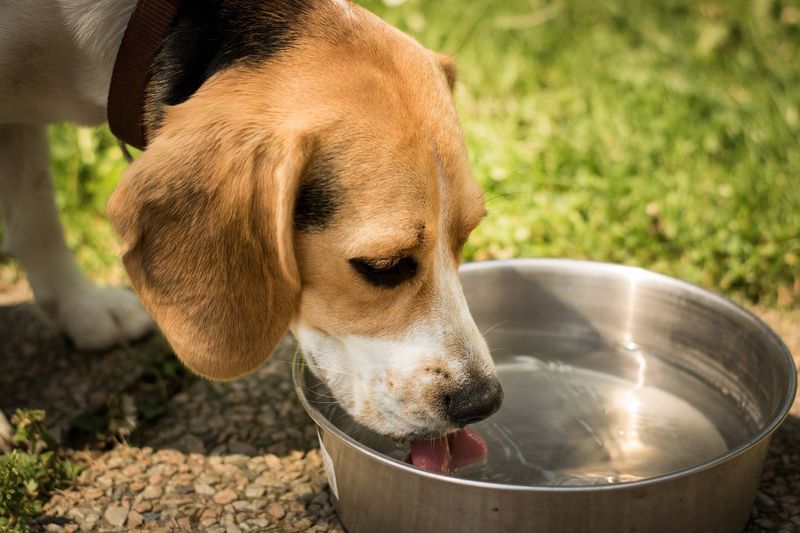
Hydration is key to keeping your dog’s body functioning smoothly. Think of water as the oil in a well-tuned engine—it keeps everything in motion. Always have fresh water available, especially after exercise or on hot days.
Check your dog’s gums; if they’re dry, your pet might be dehydrated. It’s a simple, yet often overlooked, aspect of dog care.
7. Safe Space At Home

Every dog needs a sanctuary—a safe space to call their own. This cozy corner offers comfort during loud events like storms or parties. Fill it with soft bedding and their favorite toys to create a haven.
A sense of security reduces anxiety and makes your dog feel cherished. It’s like having their very own little retreat at home.
8. Proper Identification
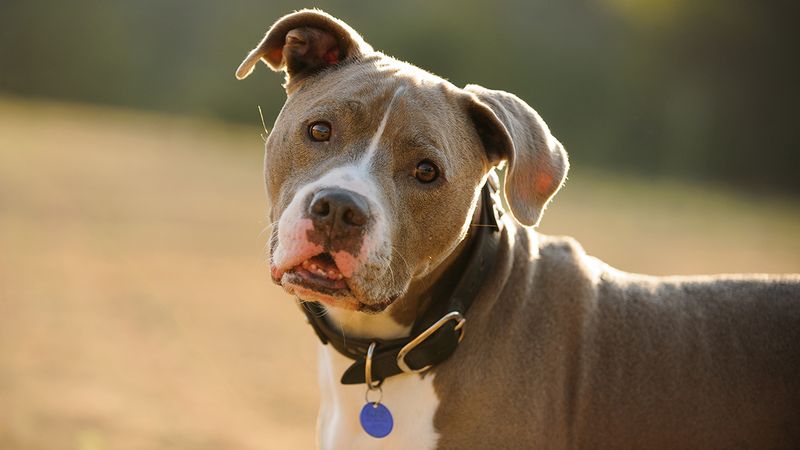
Proper identification is your dog’s ticket home if they ever wander off. A sturdy collar with an ID tag featuring your contact details is essential. Microchipping adds an extra layer of security, linking your pet to you in seconds.
Keep the information updated—it’s the simplest way to reunite if your curious friend decides to explore the neighborhood on their own.
9. Dental Care
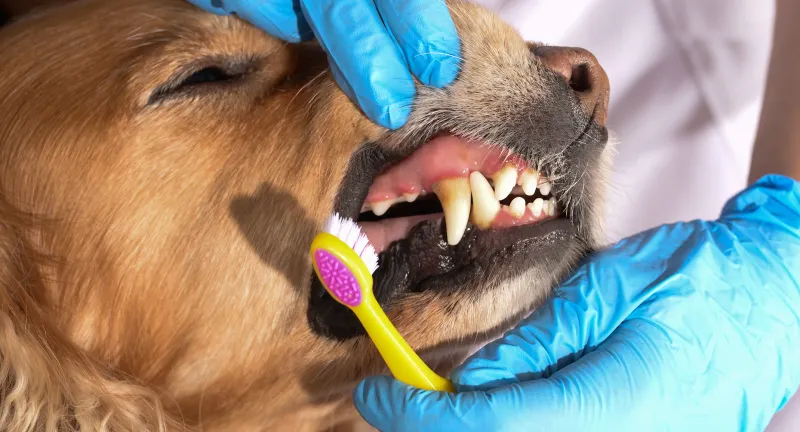
Dental care is often overlooked but vital for your dog’s well-being. Imagine walking around with a toothache—no fun! Regular brushing prevents plaque build-up and gum disease. Use dog-specific toothpaste and a soft brush.
Chew toys also help clean teeth naturally. Bad breath isn’t just annoying; it’s a sign your dog’s oral health needs attention. Keep those pearly whites sparkling!
10. Mental Stimulation

Mental stimulation is the secret sauce for a happy dog. Boredom can lead to mischief, so challenge your pup’s brain with puzzle toys and training exercises. Interactive games and new skills keep their minds sharp.
Rotate toys regularly to keep things fresh and exciting. A mentally engaged dog is a contented companion, thriving on learning and exploration.
11. Temperature Control

Dogs can’t sweat like us, so temperature control is crucial. During sweltering days, provide shade and hydration to keep them cool. In winter, a warm coat or heated bed does wonders.
Watch for signs of overheating or chill and adjust their environment accordingly. Comfort ensures they stay healthy, regardless of the season.
12. Safety During Travels
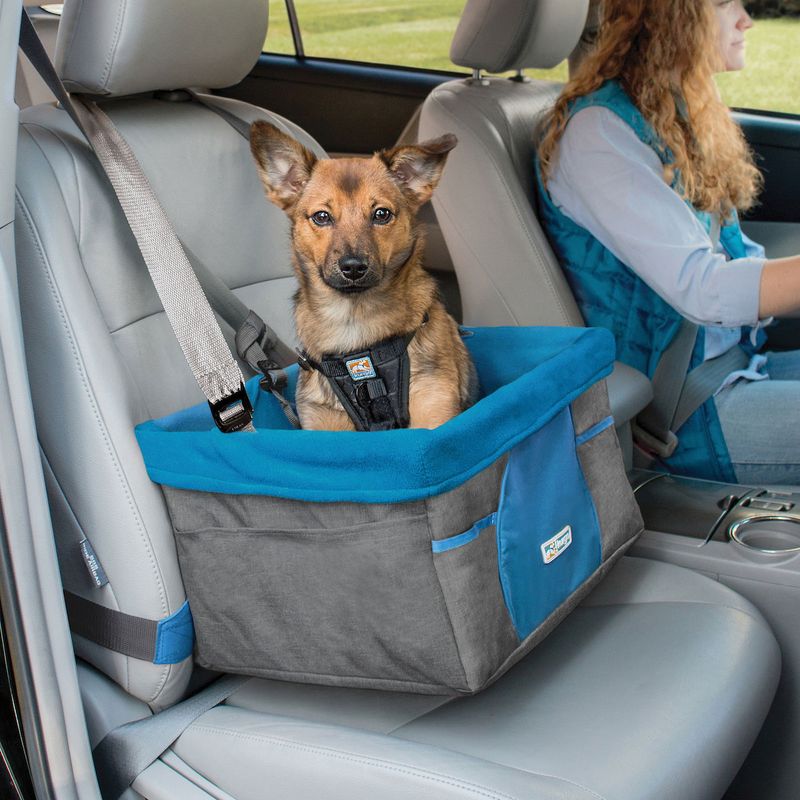
Traveling with your dog? Safety first! A pet seatbelt or carrier keeps them secure in the car, preventing injuries. Pack essentials like water, food, and a favorite toy for comfort.
Frequent breaks during long trips help stretch their legs. A prepared journey makes for happy trails and wagging tails. Road trips with your furry co-pilot have never been safer!
13. Routine Health Monitoring
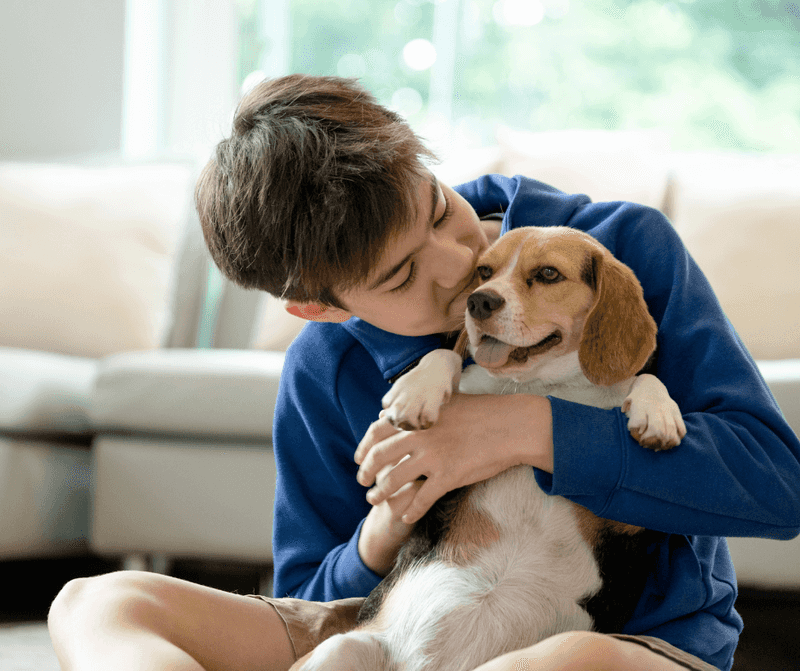
Routine health monitoring at home is simple yet effective. Regularly check your dog’s eyes, ears, and coat for any oddities. A quick once-over can catch issues like infections or parasites early.
Make it a comforting routine, so your dog associates it with affection rather than stress. Early detection is the cornerstone of longevity and vitality.
14. Parasite Prevention
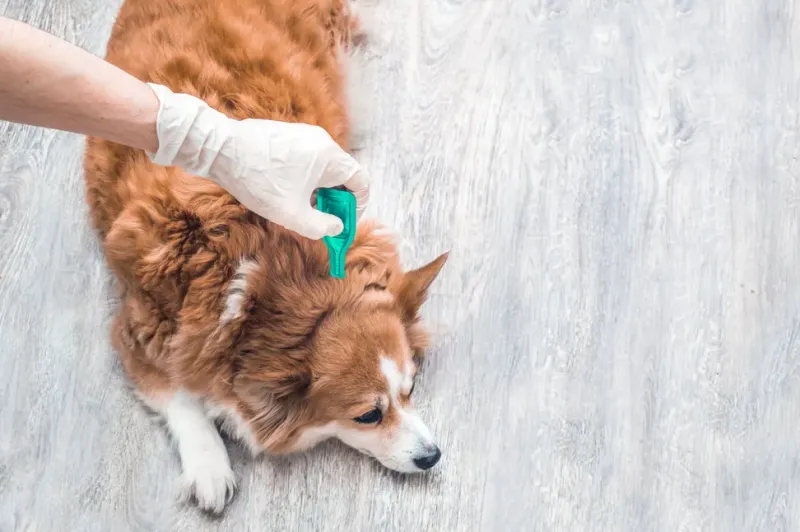
Parasite prevention is a frontline defense for your dog’s health. Fleas and ticks aren’t just annoying; they carry diseases. Regular treatments keep these pests at bay. Consult your vet for recommendations tailored to your area’s risks.
Monthly applications or oral medications are common options, providing peace of mind in the great outdoors.
15. Emergency Preparedness
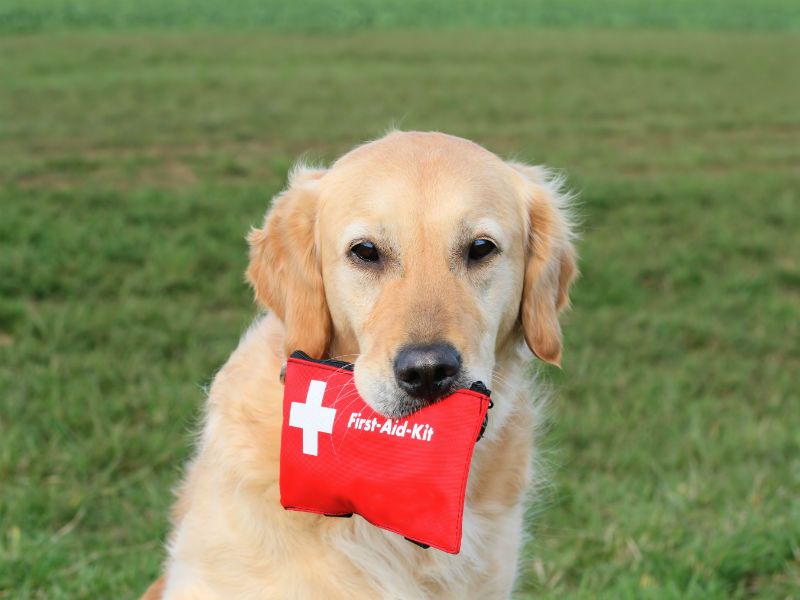
Being ready for emergencies is part of responsible dog ownership. A well-stocked first aid kit for your pet can be a lifesaver.
Include bandages, antiseptic, and vet contact information. Know basic first aid skills and have a plan for natural disasters. Preparation offers peace of mind, ensuring you can handle unexpected situations with confidence and care.
16. Consistent Routine
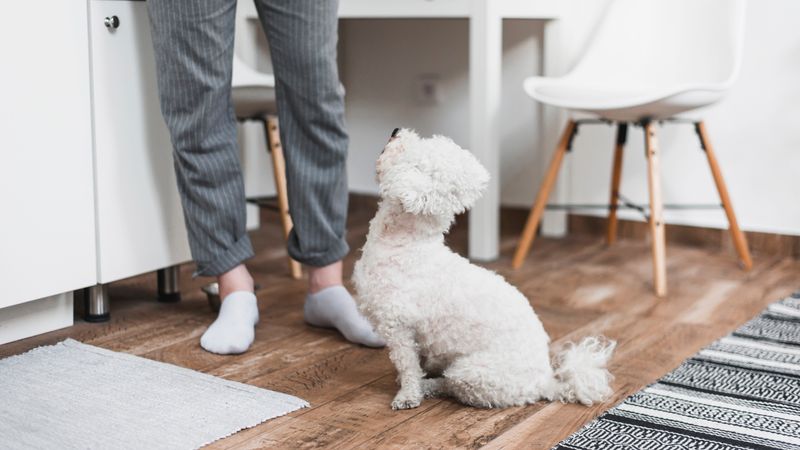
Consistency creates security and reduces stress. Dogs thrive on predictable routines, knowing exactly when it’s time to eat, walk, and rest. This predictability helps manage behavior and anxiety.
Adjust gradually if changes are needed, keeping disruptions minimal. A consistent schedule is like a comforting hug, providing stability in their world.
17. Love And Attention
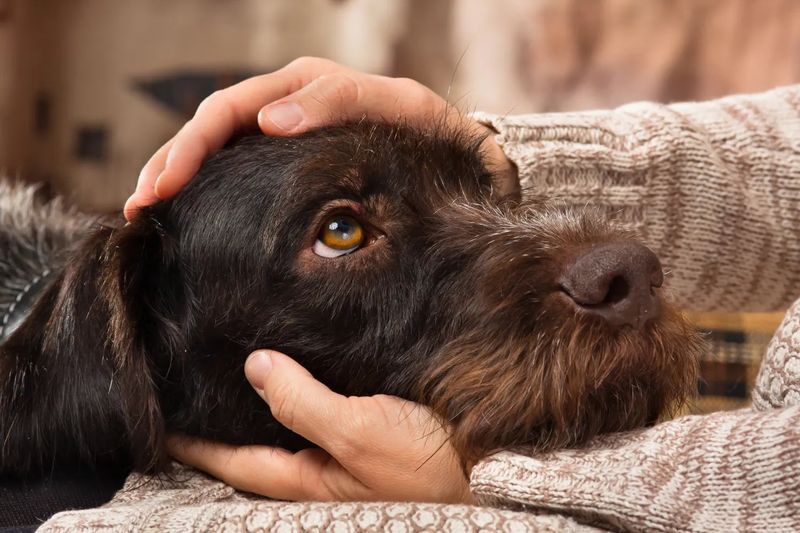
Love and attention are the fuel for your dog’s happiness. Never underestimate the power of simply being present. Quality time together strengthens your bond, turning moments into cherished memories.
Whether it’s a quiet cuddle or an active playtime, your dog thrives on the love and affection you share. It’s the simplest yet most profound care tip.


